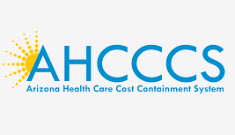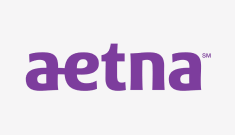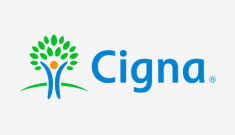We are safe, caring and committed to your recovery
You CAN get your life back
What is stimulant abuse?
Cocaine Abuse
Cocaine addiction is a form of stimulant abuse that is characterized by an intense need or desire to use increasing amounts of cocaine, leading to extreme and life-threatening adverse reactions in the user’s physical health, as well as severe and often devastating consequences in their personal lives. Cocaine addiction can cause emotional trauma for families, financial distress, and a range of complications for the user and their loved ones.
The risk of an individual becoming addicted to cocaine is relatively high. Classified as a Schedule 2 drug by the DEA, cocaine addiction is a risk for just about anyone who abuses the drug. In fact, according to a landmark study that was published in 2005, the risk of an individual becoming addicted to cocaine after just one use is 5%. This risk increases with each subsequent use of the drug and can elevate to an alarming 90% or more.
According to the National Institute on Drug Abuse, addiction to this powerful stimulant develops easily, in part because the effects of the drug only last for a very short time. To sustain the high, users typically repeatedly take cocaine over short periods and at increasingly higher doses.
This leads the user to develop a habit of using the drug repeatedly in an effort to continue or to produce the same “high,” quickly leading to addictive behaviors.
Symptoms of stimulant abuse
- Cardiovascular problems
- Heart rhythm disturbances
- Heart attack
- Chest pain
- Neurological effects such a strokes or seizures
- Loss of appetite
- Headaches
- Abdominal pain
- Nausea
- Nosebleeds
- Difficulty swallowing
- Hoarse throat or voice
- Runny nose
- Sinus infections
Effects of stimulant withdrawal
Anytime an individual who has been abusing stimulants for a prolonged time suddenly discontinues their use, withdrawal symptoms have the potential to occur. Some of the most common symptoms of stimulant withdrawal may include:
- Intense cravings for stimulants
- Sleep difficulties
- Loss of cognitive function
- Extreme mood swings
- Chills
- Body aches
- Tremors and shakiness
- Fatigue
- Exhaustion
- Difficulty concentrating
- Depression
- Anxiety
Getting treatment
Direct2Recovery uses clinically proven drug rehabilitation treatment methods that are carefully prescribed according to the patient’s individual needs. We will make a medical assessment based on your current health conditions and determine a course of treatment that will best address your dependency.
Thankfully, there is hope. We have over 10 years of experience that proves you can recover. Compassionate, comprehensive drug addiction therapy for stimulant substance use disorder is available through Direct2Recovery. Call and make an appointment for your personal assessment today.
We accept most major insurances









